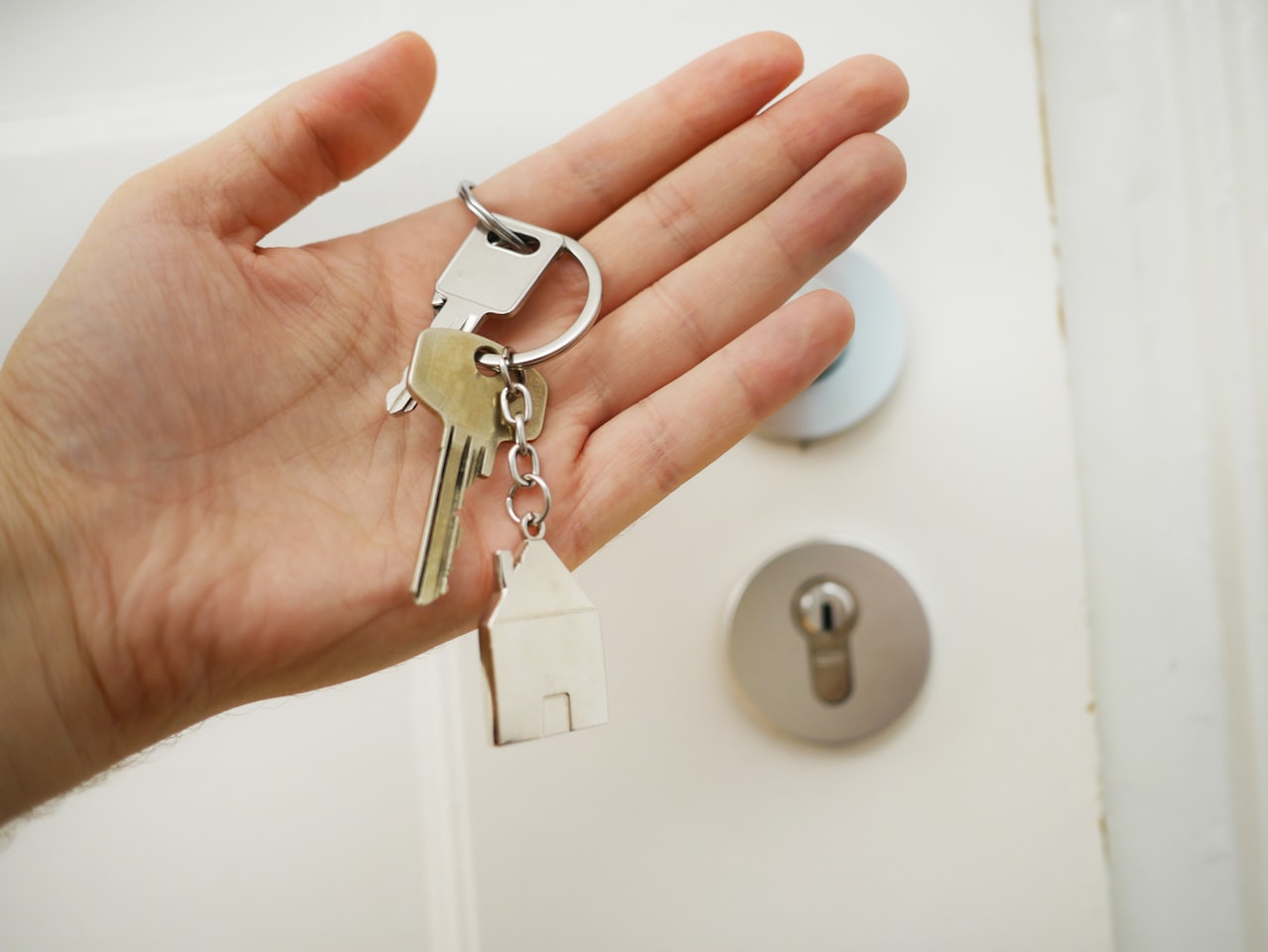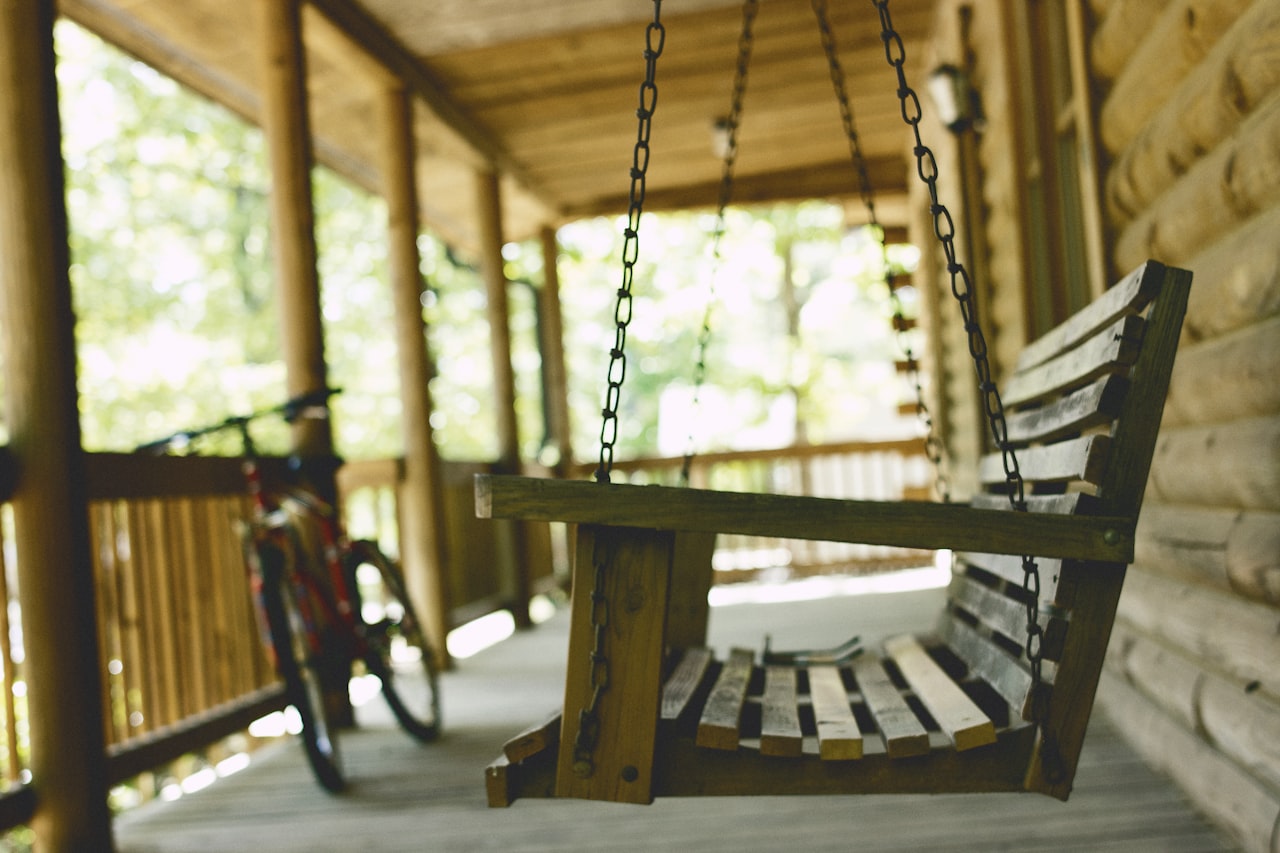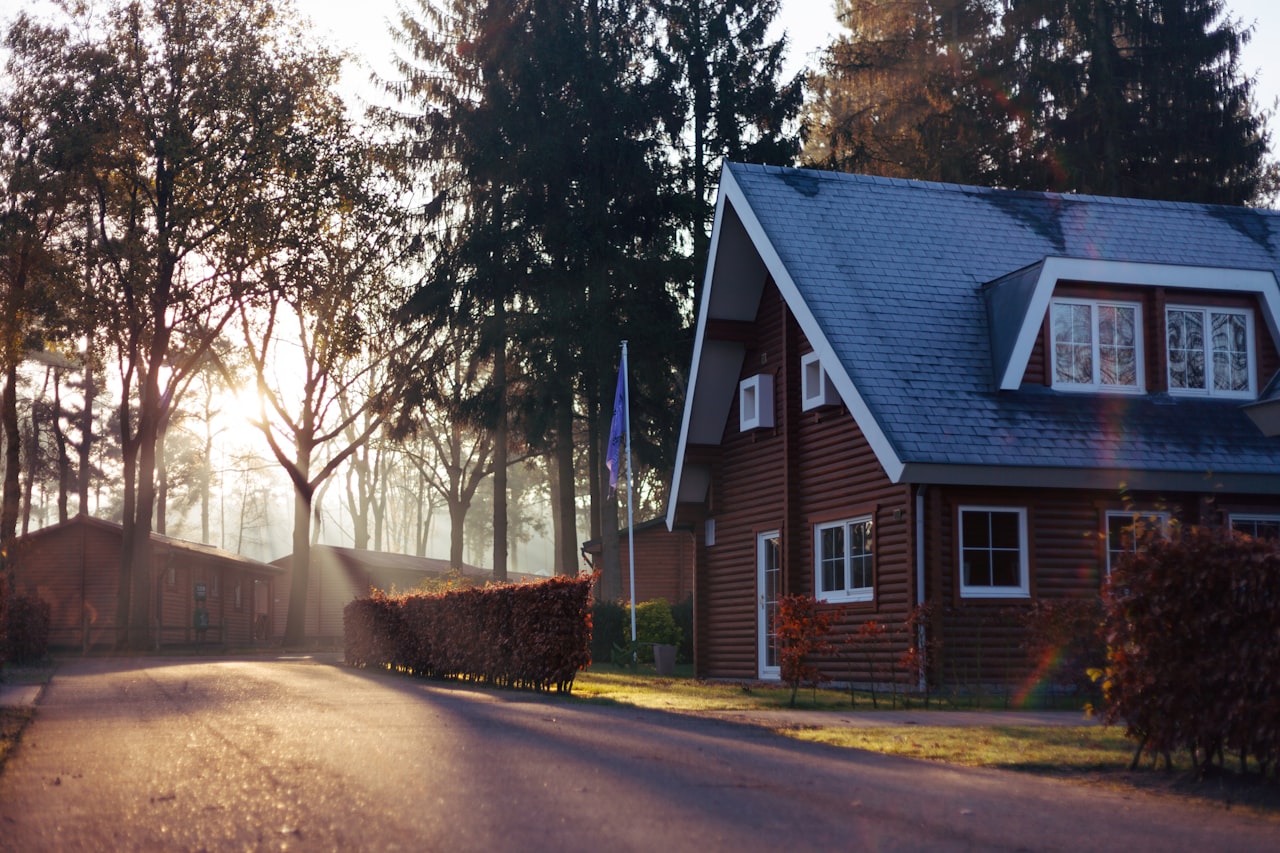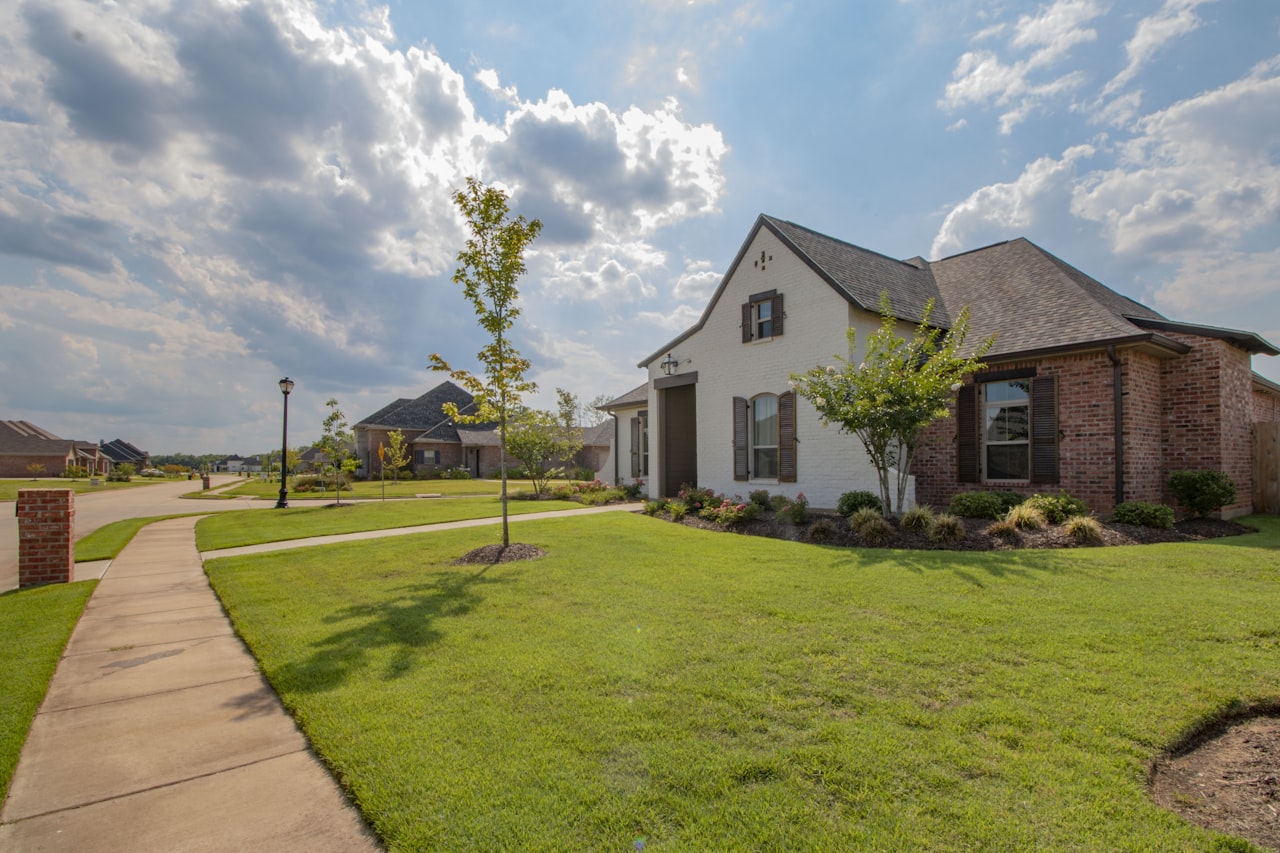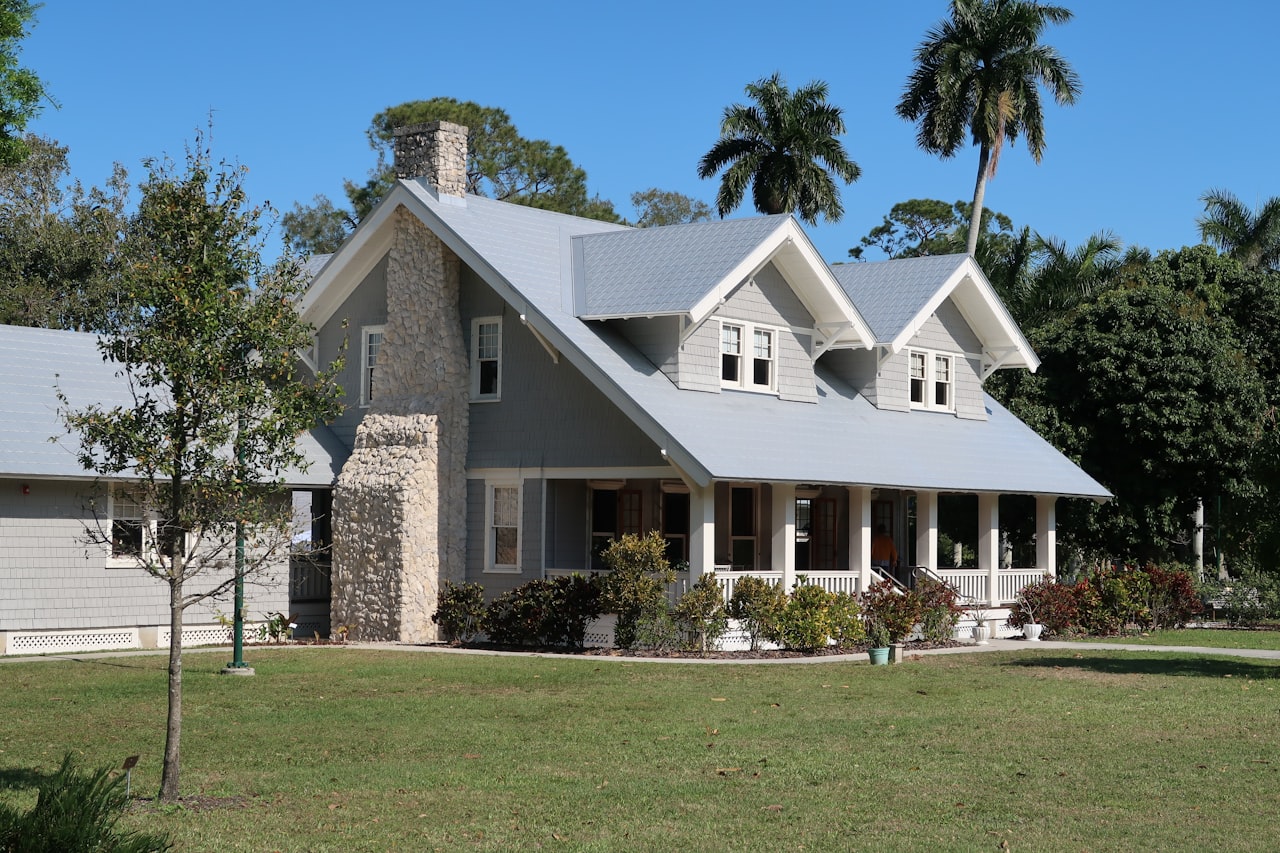It seems to happen in the blink of an eye.
First, the kids go back to school. Then, the leaves turn from green to yellow, orange, and red. Next thing you know the holidays are here and then – hello, winter!
But before you go “dashing through the snow,” there are some things both homeowners and renters should consider doing to prepare for the colder winter months ahead.
When Old Man Winter appears, make sure your home is prepared with these 10 tips:
1. Check the gutters.
Prevent ice dams by cleaning out your gutters, installing gutter guards (if feasible), and making sure the attic floor is properly insulated. The attic itself should be well-ventilated and about 10 degrees warmer than outside.
2. Protect the pipes.
Protect against frozen pipes by insulating those that could be susceptible to freezing. With severe temperature drops, keep a stream of water running in a few faucets to guard against freezing and bursting.
3. Seal the cracks.
Caulk around holes and openings to help prevent cold air from seeping in. Install weather stripping and seals around openings such as windows, doors, air conditioners, and mail chutes.
4. Stop the slips.
Keep driveways and sidewalks clear of ice and snow and repair any issues with steps and handrails.
5. Install an emergency release.
Consider installing an emergency pressure release valve in your plumbing system. This will protect against increased pressure caused by freezing pipes and can prevent them from bursting. It’s also a good idea to learn how to shut the water off and know where your pipes are located.
6. Keep it cozy.
Set your thermostat for at least 65 degrees and make sure your house or apartment is well-insulated.
7. Have heating checked.
Furnaces, boilers, and chimneys should be serviced at least once a year to clear any buildup and to keep them running efficiently.
8. Test your detectors.
Residential fires are more common in winter, so it is important that all of your smoke detectors work. Check them monthly and replace batteries as needed. You should also consider installing a carbon monoxide detector to avoid inadvertently trapping this toxic gas in your home.
9. Clear the yard.
Keep the trees trimmed and remove dead branches and debris from your yard. Ice, snow, and wind can weaken trees and cause branches to fall and potentially damage your home, car, or even yourself and others.
10. House the hose.
Remove all attached garden hoses, drain them and store them away. Shut off the valves and insulate the faucet.
And finally, if you’re heading south for the winter, you need to take extra precautions. Turn the water completely off and consider having the plumbing system drained to keep pipes from freezing. Also, have a friend or neighbor check on your home regularly to look for any issues. If a problem is detected, time is of the essence.
Most homeowners insurance policies cover damages due to extreme winter weather but make sure you speak with your independent agent to answer any questions you have about your specific homeowners, condo, or renters’ insurance policy.
Now, enjoy those fireplace-filled weekends knowing you’re well-prepared for the winter!
SOURCE: Grange Insurance

















































